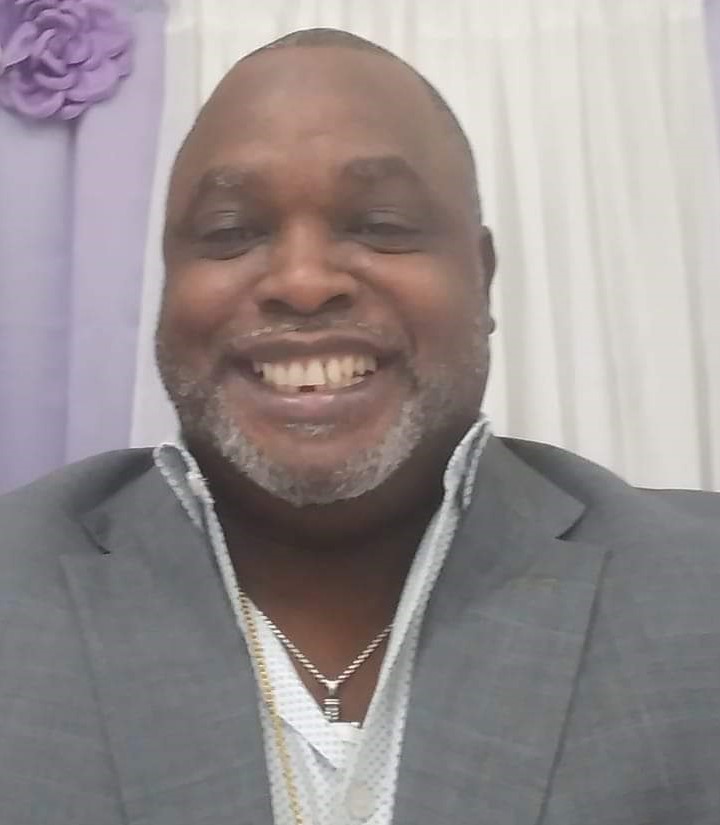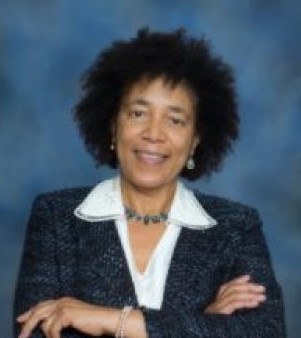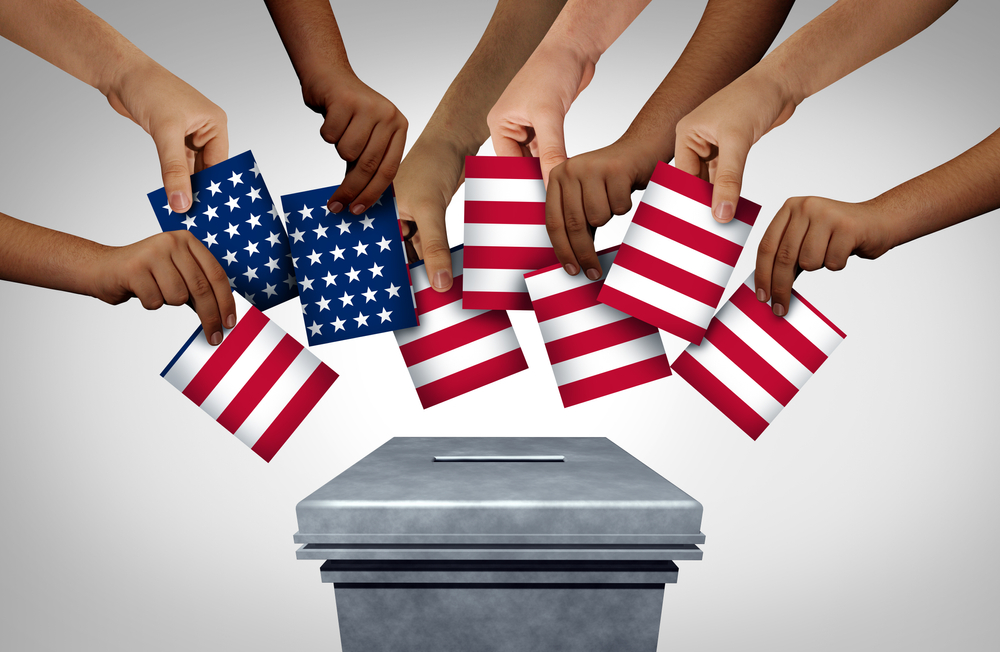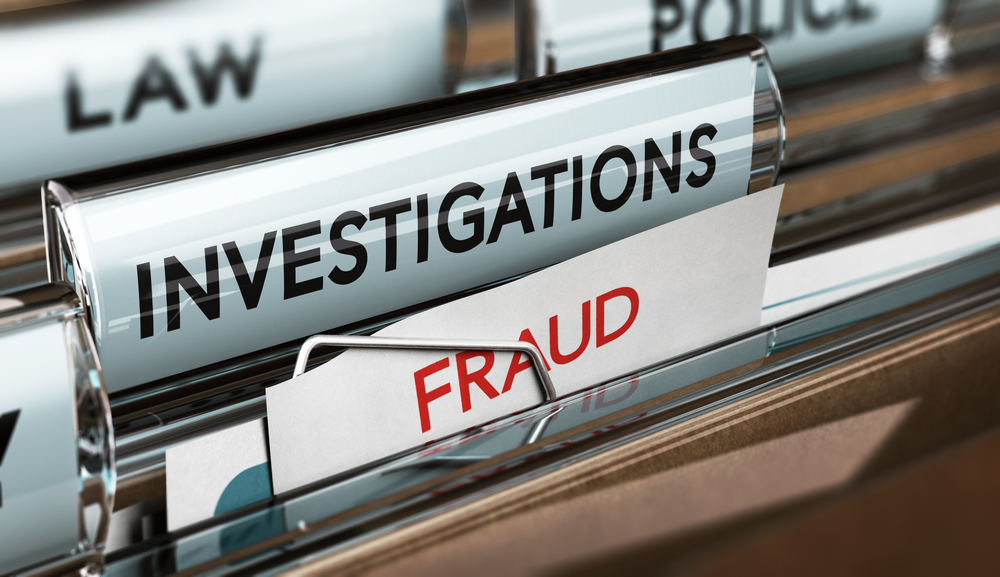At the age of 53, J.C. Carlisle finally has his voice.
Carlisle is one of tens of thousands of former felons who have been able to register to vote in Florida because of an amendment to the state constitution approved by voters in 2018.
Proponents say the amendment was designed to re-enfranchise an estimated 1.4 million Floridians whose disenfranchisement was created by laws dating back to Jim Crow.
But a large percentage of them were blocked from being eligible to vote when the state Legislature adopted — and a federal appeals court ultimately upheld — a law requiring those with felony records to pay all court fines, fees and restitution before being permitted to vote.
The state’s Republican governor and lawmakers said the law was necessary to implement the constitutional amendment. But proponents of the amendment said lawmakers were intentionally undermining re-enfranchisement to suppress the vote.
The new law created obstacles to voting for an estimated 745,000 former felons covered by the 2018 amendment, which exempts those convicted of murder and felony sex offenses.
RELATED: Coronavirus leads to outbreak in voting litigation
RELATED: Criminal history continues punishment far beyond prison term
Carlisle, who said he had a drug conviction, says he was not affected by the law because he didn’t owe any outstanding fines.

He said he was the first person in Panama City, FL, to register under the auspices of the amendment. “It’s amazing how you feel when you’re able to vote and you have a voice,” said Carlisle, who works with children and the homeless in his community.
When he was unable to vote, Carlisle said, he was “less of a man. … Everyone who makes a mistake isn’t bad people.”
The law that imposed the financial obstacles to voting was challenged in court. A federal judge threw it out, and for several months, former felons in the state could register to vote, regardless of any outstanding financial obligations.
But on Sept. 11, the 11th Circuit Court of Appeals reinstated the law.
Race to pay fees and restore rights
This set off a frantic effort to raise money to fund the payment of court-imposed costs to pave the way for thousands of people to register to vote in time for the state’s Oct. 5 registration deadline for this year’s general election.
The effort was spearheaded by the Florida Rights Restoration Coalition, which had also led the effort to pass the constitutional amendment. The coalition raised about $25 million and set about helping people figure out what they owed and paying it.
Neil Volz, deputy director of the FRRC, estimated the coalition paid about $1,000 to county clerks’ offices per person, meaning it helped about 25,000 more people become eligible to vote.
The effort drew donations from more than 80,000 people around the country, attracting assists from celebrities including John Legend, Michael Bloomberg, LeBron James, Steven Spielberg, Michael Jordan, the Miami Dolphins, the Orlando Magic, the Miami Heat and others.
Volz said the effort also involved dozens of workers for FRRC, as well as lawyers and law firms across the state who volunteered.
The effort has been complicated by the lack of a state database showing who owes money and to what court. Convictions can date back decades and old court records are not easily accessible. Also, individuals may have been prosecuted for crimes committed in more than one jurisdiction.
Volz said the coalition has worked with clerks’ offices around the state to try to sort through the records and obligations.
Unintended side benefits to campaign
In addition to helping people register to vote, the effort has helped local court systems that have been short of funds because of issues related to the pandemic, Volz said. Some clerks’ offices had been forced to lay off, furlough or reduce hours for employees. This has eased because of infusions of money to pay fines, Volz said.
For example, the coalition paid $1.8 million to the Palm Beach County Clerk’s office and $1.5 million to the Hillsborough County Clerk of Courts, according to local news reports.
FRRC Executive Director Desmond Meade also said during the Hillsborough presentation that they had given a check for $7 million to Dade County, $601,000 to Lee County, more than $1 million to Palm Beach County and $551,000 to Brevard County, which, coincidentally, had experienced a $500,000 deficit.
The people whose obligations were paid have been grateful and moved by their new status as eligible to vote, Volz said. There was one man who called his father when he found out his fines and fees had been paid.
“There was a whole lot of crying going on,” Volz said. “This is what we’ve been fighting for.”
Volz said restoring the right to vote for felons — called returning citizens by FRRC — bolsters overall civic engagement in the community.
“My belief is there is not a better evangelist for democracy than someone who lost the right to vote and got it back,” he said.
Volz, who had a prior fraud conviction, was able to register after the amendment was enacted. He said he didn’t have any outstanding fines or fees. Last month, the state Clemency Board granted clemency to Volz, but deferred a ruling for Meade.
Outreach for those who don’t owe fines
While FRRC was working to help people who owed money as a result of their felony convictions, several other organizations in Florida set about finding former felons who were newly eligible to vote, but did not have any financial obligations.
That effort, coordinated by the American Civil Liberties Union of Florida, included the state’s League of Women Voters, Voto Latino, Equal Ground and Real Women Radio Foundation.

Cecile M. Scoon, vice president of the League of Women Voters of Florida, said her organization was given a list of about 82,000 people to contact from a list of about 250,000 compiled by the ACLU.
The league reached out through texts and postcards notifying people of their eligibility to vote. “We’re really finding a lot of people actually didn’t know,” she said.
Scoon said one positive thing the Legislature did in the law that required the payment of financial obligations was to allow courts to modify sentences, even years after they’re handed down. This was not allowed before, she said.
So now, people with financial obligations can go to court and ask for a change.
They can request financial requirements be converted to community service hours. They can ask victims to waive restitution or they can go to court and show good cause to be relieved of their obligations if they are disabled, for example.
The league is helping match those who need lawyers with legal help. It’s also created two courses for lawyers to teach them how the new process works.
The state bar has designated the courses as continuing legal education, so they help lawyers meet requirements to remain licensed in good standing.
Florida’s Black Code
Before the 2018 constitutional amendment, experts said Florida had one of the harshest disenfranchisement schemes in the country that dated back to at least 1868.
It was part of a series of actions the state legislature took in reaction to the end of slavery. The actions, known as the Black Code, sought to put free Black men back into slavery-like status for violating criminal laws, many of which specifically targeted African-Americans.
For example, a former slave who couldn’t prove he had a job could be arrested for vagrancy. The vagrancy law was also used against former slaves accused of “willful disobedience, wanton impudence, disrespect to his employer, failure to perform assigned work” and more.
Even as the Black Code was stricken from the books, the state continued to permanently ban anyone convicted of a felony from voting, unless they were able to persuade the state Executive Clemency Board to restore their rights.
The board, as one judge described it, “operated without articulated standards (and) has moved at glacial speed.” Only a small number of individuals succeeded in petitioning the board for restoration of their civil rights.
The result was that 10% of Florida’s voting age population was disenfranchised, according to a history from the University of Florida Levin College of Law. Florida was home to 27% of the entire country’s disenfranchised population.
Some estimated that more than a quarter of voting-aged African-Americans in Florida were disenfranchised.
The work continues
Although the deadline to register to vote in this year’s general election has passed in Florida, Volz said the coalition’s work will go on. It will continue to help people become eligible to vote and will also focus on other barriers faced by people with felony convictions in their backgrounds.
These include barriers to employment and housing, as well as holding professional licenses.
“We’re dedicated to removing obstacles to reentry for people,” Volz said. “The quicker people are able to reintegrate into the community, the less likely they are to reoffend, the more likely they are to be positive, contributing members of society.”
Contact Elaine Silvestrini at [email protected]. Follow her on Twitter at @WriterElaineS.












